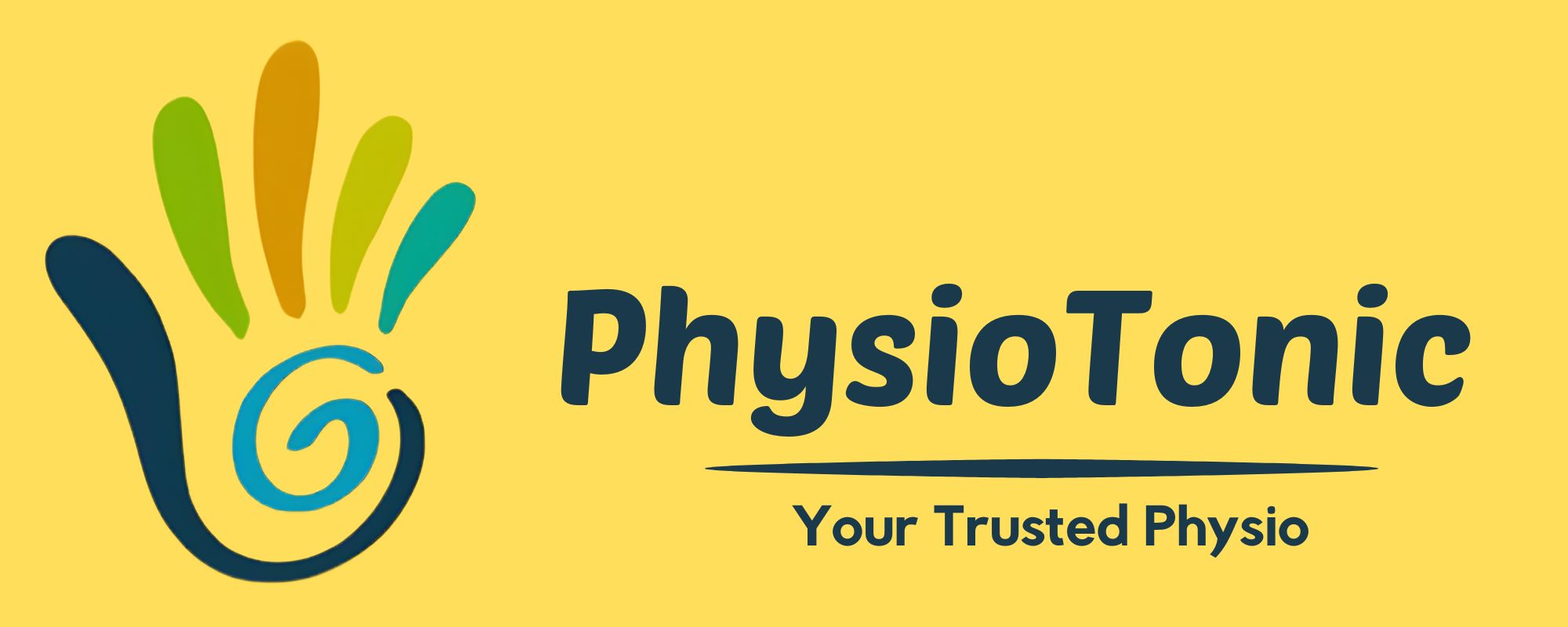Introduction:
Knee pain is a prevalent issue that affects millions of people worldwide. In fact, studies indicate that nearly 25% of adults experience knee pain at some point in their lives. Understanding the causes and treatment options for knee pain is crucial for maintaining your quality of life. At PhyioTonic Physiotherapy Clinic in Gurgaon, we specialize in diagnosing and treating various causes of knee pain to help you get back on your feet.
Understanding Knee Pain
Overview of Knee Pain
Knee pain can arise from a variety of sources, including injuries, degenerative diseases like osteoarthritis, and structural issues such as knock knees. Common symptoms include pain, swelling, stiffness, and reduced mobility.
Importance of Early Diagnosis
Early diagnosis is essential for preventing further damage and implementing effective management strategies. Ignoring knee pain can lead to chronic issues that are harder to treat.
Osteoarthritis
What is Osteoarthritis?
Osteoarthritis is a degenerative joint disease that commonly affects the knees. It occurs when the cartilage cushioning the ends of your bones wears down over time.
Symptoms and Risk Factors
Common symptoms include pain, reduced mobility, and stiffness. Risk factors include age, obesity, and previous injuries.
Treatment Options at PhyioTonic Physiotherapy Clinic
- Medication: Pain relievers and anti-inflammatory drugs.
- Physical Therapy Programs: Customized exercises to strengthen muscles around the knee.
- Lifestyle Modifications: Weight management and low-impact activities.
Calf Tightness
What Causes Calf Tightness?
Calf tightness can be caused by muscle imbalances or overuse injuries and can contribute to knee pain by affecting your gait.
Symptoms and Diagnosis
Symptoms include pain and stiffness in the calf that affect knee function. Diagnosis often involves physical examinations and imaging tests.
Effective Treatments at PhyioTonic Physiotherapy Clinic
- Stretching Exercises: To improve flexibility.
- Physical Therapy Techniques: Tailored exercises to address muscle imbalances.
Ligament Strain
Understanding Ligament Strains in the Knee
Ligament strains can occur due to sports injuries or accidents. The most common types include ACL (Anterior Cruciate Ligament) and MCL (Medial Collateral Ligament) strains.
Symptoms to Watch For:
Symptoms include swelling, instability, and pain during movement.
Treatment Approaches at PhyioTonic Physiotherapy Clinic
- Rest and Ice Therapy
- Bracing or Supportive Gear
- Rehabilitation Exercises Guided by Physiotherapists
Knee Replacement
What is Knee Replacement Surgery?
Knee replacement surgery involves replacing damaged parts of the knee with artificial components. It is usually considered when other treatments fail to relieve severe pain or disability.
Pre-Surgery Considerations at PhyioTonic Physiotherapy Clinic
- Preparing for Surgery: Physical assessments and pre-operative exercises.
- Risks Involved: Discussing potential complications with your healthcare provider
Post-Surgery Recovery & Rehabilitation with Our Experts
- Importance of Physical Therapy: Guided exercises to restore movement and strength.
- Customized Rehabilitation Plans: Tailored to individual needs for optimal recovery.
- Ongoing Support and Monitoring: Regular follow-ups to ensure progress and address any concerns.
Patellar Instability
What is Patellar Instability?
Patellar instability occurs when the kneecap (patella) moves out of its normal position, usually due to an injury or congenital factors.
Common Symptoms
- Frequent dislocations or subluxations of the kneecap.
- Pain around the kneecap, especially during activities.
- Swelling and a popping sensation.
Treatment Options at PhyioTonic Physiotherapy Clinic
- Strengthening Exercises: Focused on the muscles around the knee to improve stability.
- Bracing and Taping Techniques: To support the patella during activities.
- Surgical Interventions: For severe cases requiring realignment.
Knock Knees (Genu Valgum)
Understanding Knock Knees
Knock knees (genu valgum) are a condition where the knees touch but the ankles remain apart when standing. This can be caused by congenital factors or developmental issues.
Recognizing Symptoms
- Visual appearance changes (knees touching while standing straight).
- Functional difficulties (walking, running).
Available Treatments at PhyioTonic Physiotherapy Clinic
- Orthotic Devices Usage: To correct alignment issues.
- Corrective Exercises Recommended by Physiotherapists: To strengthen muscles and improve posture.
- Surgical Options for Severe Cases: In extreme instances where conservative treatments are ineffective.
Conclusion
Summary of Key Points
Knee pain can stem from various conditions like osteoarthritis, ligament strains, calf tightness, patellar instability, and knock knees. Early diagnosis and appropriate treatment are essential for effective management and improved quality of life.
If you’re experiencing any form of knee pain or discomfort, it’s crucial to seek professional help. At PhyioTonic Physiotherapy Clinic in Gurgaon, our experienced physiotherapists are dedicated to providing personalized care plans tailored to your specific needs.
Contact Information
To schedule a consultation with one of our expert physiotherapists at PhyioTonic Physiotherapy Clinic in Gurgaon, visit our website www.thephysiotonic.com or call us at 9910-493-700. Take the first step towards a pain-free life today!

